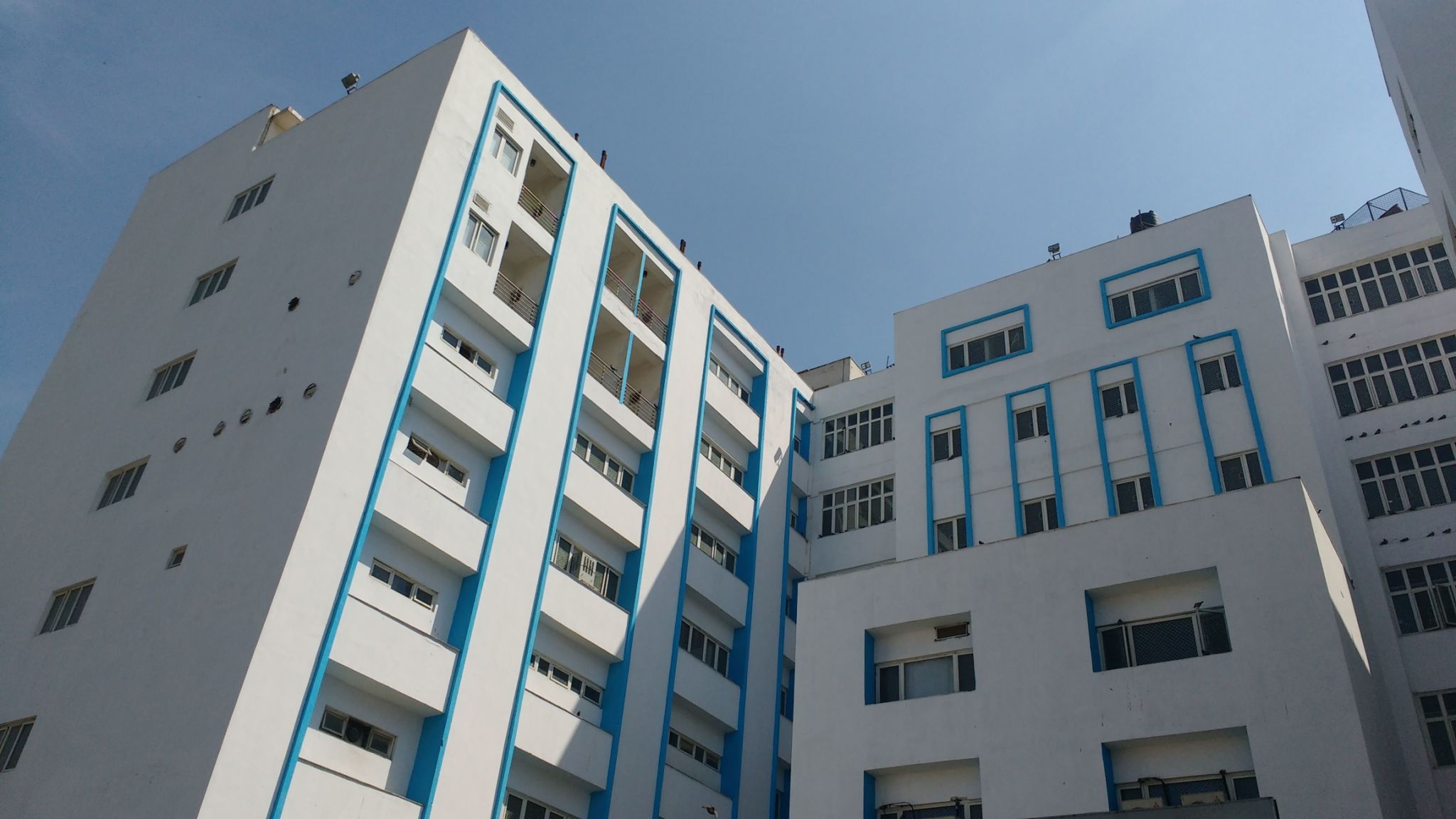How to Prepare Your Hospital for Seasonal Health Challenges in Delhi
Understanding Seasonal Health Challenges
Delhi, with its unique climate, experiences varying seasonal health challenges. As temperatures rise or fall, hospitals must be prepared to address the influx of patients with conditions exacerbated by the changing weather. Understanding these challenges is the first step in preparing your hospital to effectively manage them.
Seasonal ailments such as heat strokes during the summer and respiratory issues in the winter are common. Additionally, monsoon season often brings a surge in waterborne diseases like dengue and malaria. Awareness of these patterns allows hospitals to anticipate patient needs and allocate resources accordingly.

Enhancing Hospital Infrastructure
To effectively tackle seasonal health challenges, it is crucial to ensure that your hospital's infrastructure is up to the task. This includes having a robust HVAC system to maintain optimal indoor temperatures and air quality, which is particularly important during the extreme summer and winter months.
Hospitals should also assess their water supply and sanitation systems to prevent the outbreak of waterborne diseases during the monsoon. Regular maintenance and checks can safeguard against potential failures that might exacerbate health issues during critical times.

Staff Training and Preparedness
Equipping your staff with the knowledge and skills to handle seasonal health challenges is essential. Conduct regular training sessions focusing on the recognition, treatment, and management of common seasonal illnesses. This ensures that your staff can provide timely and effective care to patients.
Additionally, implementing a flexible staffing model can help manage increased patient loads. Consider hiring temporary staff during peak seasons to ensure that your regular team is not overwhelmed by the influx of patients.
Efficient Resource Management
Resource management is critical in preparing for seasonal health challenges. Hospitals should maintain an adequate supply of medications, vaccines, and medical supplies relevant to the season. For instance, stocking up on anti-allergy medications during the spring or anti-malarial drugs in the monsoon can prevent shortages.
Utilizing technology to track inventory levels and predict demand can help in making informed decisions about resource allocation. This proactive approach ensures that your hospital is always prepared to meet patient needs.

Community Engagement and Awareness
Community engagement plays a vital role in managing seasonal health challenges. Educating the public about preventive measures can reduce the incidence of seasonal illnesses. Consider organizing workshops or distributing informational materials to raise awareness about health risks and preventive strategies.
Collaborating with local health authorities and community organizations can amplify these efforts, ensuring that accurate information reaches a broader audience. This collective approach can significantly enhance public health outcomes during challenging seasons.
Implementing Innovative Solutions
Embracing innovation can greatly enhance your hospital's ability to handle seasonal health challenges. Telemedicine services, for instance, can reduce the burden on hospital facilities by allowing patients to receive consultations from the comfort of their homes.
Additionally, leveraging data analytics can provide insights into trends and patterns, enabling hospitals to anticipate and prepare for seasonal challenges proactively. These technological advancements can streamline operations and improve patient care.

Regular Review and Adaptation
Finally, it is important for hospitals to regularly review and adapt their strategies for tackling seasonal health challenges. Conducting post-season evaluations can provide valuable insights into what worked well and what areas need improvement.
By continuously refining your approach, your hospital can remain resilient and responsive to the evolving health landscape in Delhi. This commitment to ongoing improvement ensures that you are always prepared to provide the highest standard of care to your community.